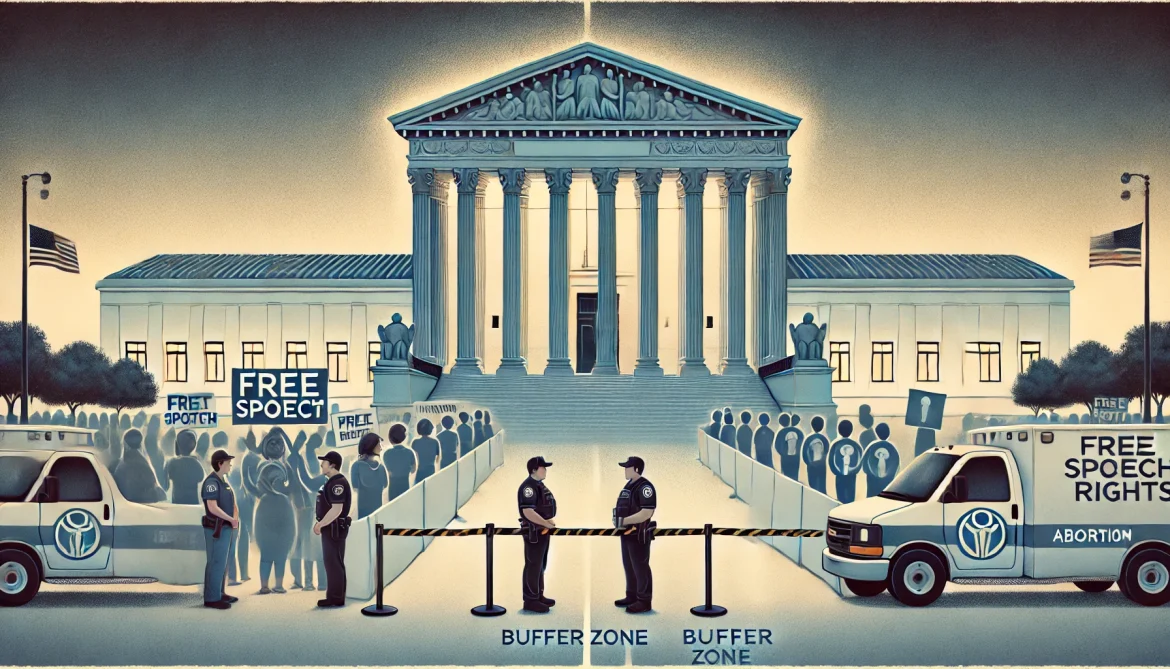In a significant decision on February 24, 2025, the U.S. Supreme Court declined to hear appeals challenging the legality of buffer zones around abortion clinics in Illinois and New Jersey. These zones, established by local ordinances, restrict anti-abortion activists from approaching individuals entering such facilities. The Court’s refusal to take up the cases leaves in place existing protections designed to shield patients and staff from potential harassment.
The appeals were brought forth by “sidewalk counselors” who argued that these buffer zones infringe upon their First Amendment rights to free speech. They contended that the ordinances prevent them from engaging in personal conversations with patients near clinic entrances. Despite these arguments, lower courts, including the 7th and 3rd U.S. Circuit Courts of Appeals, upheld the ordinances, determining that they do not substantially burden free speech and serve the legitimate purpose of ensuring safe access to medical facilities.
This legal debate traces back to the Supreme Court’s 2000 ruling in Hill v. Colorado, which upheld the constitutionality of buffer zones. However, in 2014, the Court invalidated a Massachusetts law establishing 35-foot buffer zones in McCullen v. Coakley, citing First Amendment concerns. The current refusal to hear the recent appeals suggests the Court’s reluctance to revisit or overturn the precedent set in Hill.
Conservative Justices Clarence Thomas and Samuel Alito expressed dissent regarding the Court’s decision not to hear the cases. Justice Thomas criticized the inconsistency in the Court’s First Amendment jurisprudence concerning abortion-related speech and emphasized the need for clarity in this contentious area of law.
The ordinances in question were enacted in response to disruptive and, at times, aggressive protests outside abortion clinics. Municipalities argue that these measures are necessary to protect patients and healthcare providers from harassment and potential violence. Conversely, opponents claim that such laws unjustly impede their ability to offer counsel and information to individuals seeking abortions.
This development occurs in the broader context of ongoing national debates over abortion rights and access, especially following the Supreme Court’s 2022 decision to overturn Roe v. Wade. As states continue to navigate the complex interplay between free speech and access to reproductive healthcare, the Court’s latest action underscores the enduring legal and ethical challenges at this intersection.



